Advertisement
Excess salt and sodium consumption is a worldwide health concern
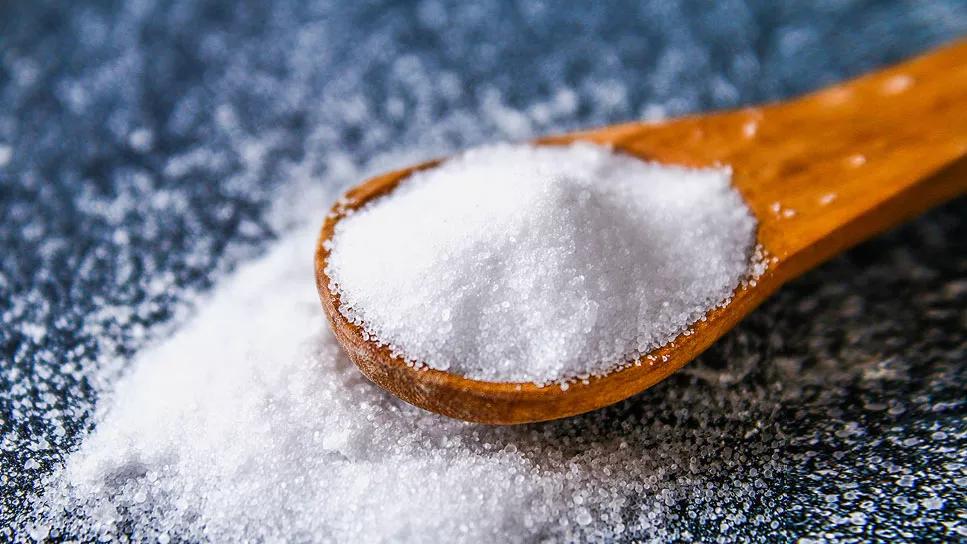
Do you reach for a saltshaker whenever food hits the table? If so, you may be putting your long-term health at risk with every extra sprinkle.
Advertisement
Cleveland Clinic is a non-profit academic medical center. Advertising on our site helps support our mission. We do not endorse non-Cleveland Clinic products or services. Policy
Overconsumption of sodium, which is in salt, is a driving force behind life-threatening health issues like heart disease and stroke. Research shows that people take in far more salt and sodium than they need, too.
“Everyone should be aware of how much salt they’re eating and how it affects them,” says registered dietitian Julia Zumpano, RD, LD.
Here’s why.
Ready for a surprise? The basic answer to that question is no. Salt truly isn’t unhealthy unless you eat too much of it.
What’s too much? We’ll get to that. But first, let’s take a closer look at why salt can be good.
Two minerals — sodium (40%) and chloride (60%) — are the building blocks of salt. Consider them the king and queen of electrolytes that work to keep your body running. You need them to survive.
Sodium and chloride are elements that help you maintain fluid levels and turn nutrients into energy. They also support heart rhythm, brain function and muscle control.
But consuming too much sodium can be … well, deadly, cautions Zumpano. A diet high in sodium can increase your blood pressure and heighten your risk for heart disease and stroke, which are leading causes of death worldwide.
A salt- and sodium-heavy diet makes you retain fluid, which can lead to swelling in the short term.
Advertisement
But far more concerning is its impact on your body over time, says Zumpano. Excess salt and sodium can negatively affect your kidney function, in addition to driving up your blood pressure.
Signs your salt intake is too high include:
Sodium attracts water. If you eat a lot of salty foods, you’ll experience fluid retention (when sodium holds water in your body). The result? You feel swollen and look puffier, especially around your abdomen and eyes. You may also notice swelling in your hands and feet.
Recent research shows that higher levels of sodium won’t necessarily cause people to be thirstier. But despite that, some people can’t help but chug down more liquids after eating salty foods.
Sodium is primarily found in your blood, where it pulls in fluid. If you eat too much sodium, more water enters your bloodstream. The greater volume of blood pushes against blood vessel walls, causing high blood pressure (hypertension).
Eating too much sodium (especially in the evening) can mess with your sleep. A spike in blood pressure and sudden urges to get a drink or pee can interrupt your ZZZs.
The U.S. Food and Drug Administration (FDA) recommends that healthy adults consume less than 2,300 milligrams of sodium a day. For reference, that’s equal to about one teaspoon of table salt.
“If you eat more than that in one day, it’s not going to hurt you,” says Zumpano. “But if you consistently exceed the recommended amount, you’re eating too much — and it can impact your health.”
And for most people, getting too much sodium is a problem.
Researcher says that high sodium intake is a health concern shared worldwide. (Americans consume an average of 3,400 mg of sodium per day. That’s about 48% above the recommended amount.)
Need to rid your system of excess sodium after overdoing it on salty food? Here are three ways to get the job done.
You need a minimum of 1,500 mg of sodium a day, clarifies Zumpano. Falling below that can lead to low blood pressure and electrolyte imbalances.
Signs of too little sodium include:
Advertisement
But again, too little sodium is typically not an issue given people’s eating habits.
There’s no question that eating too much salt is bad for your health. Making a conscious effort to manage the sodium in your diet can help keep your blood pressure down and reduce your risk for heart disease and stroke.
Plus, you’ll just feel better not dealing with bloating and other issues connected to excess salt and sodium. “That’s definitely a win-win situation,” encourages Zumpano.
Advertisement
Learn more about our editorial process.
Advertisement

A variety of healthy foods can help reduce inflammation and keep other conditions at bay
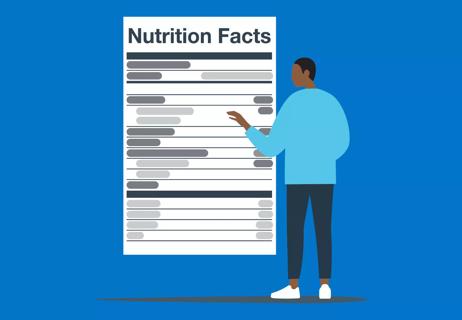
Information on serving size, calories and nutrients can help you make healthy choices

The general rule is 0.8 to 1 gram of protein per kilogram of body weight — but that may not be right for you, and it’s important to determine what’s right for you

Adding salt to your water isn’t going to have measurable benefits — but there may be plenty of downsides

Pickles are low in fat and calories and rich in some vitamins and minerals, but they’re usually high in sodium
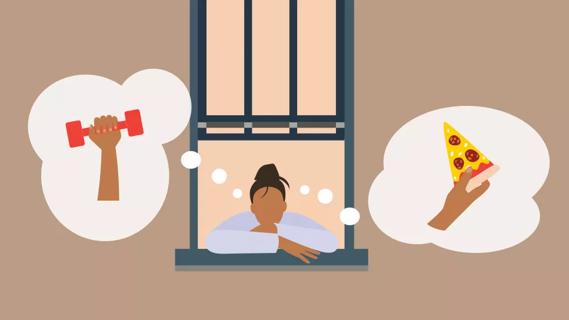
Learning about your relationship with food can help improve your eating behaviors and patterns
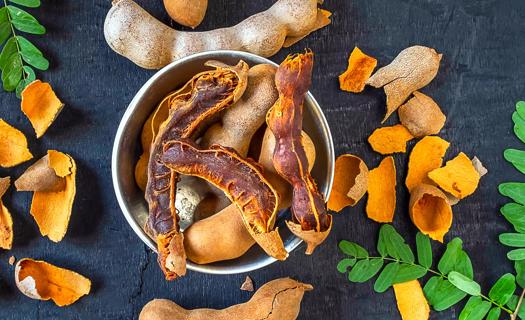
With a sweet, tangy flavor, this tropical fruit is super versatile and high in antioxidants
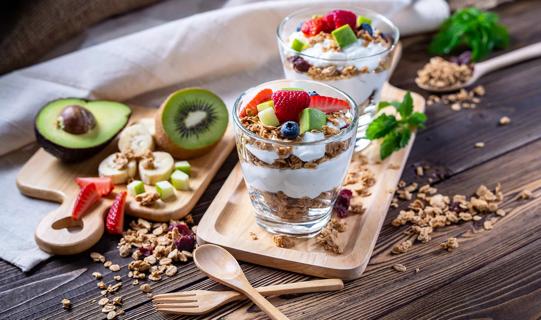
A change in diet won’t cure COPD — but getting to or maintaining a healthy weight will help

Focus on your body’s metabolic set point by eating healthy foods, making exercise a part of your routine and reducing stress

PFAS chemicals may make life easier — but they aren’t always so easy on the human body

While there’s little risk in trying this hair care treatment, there isn’t much science to back up the claims